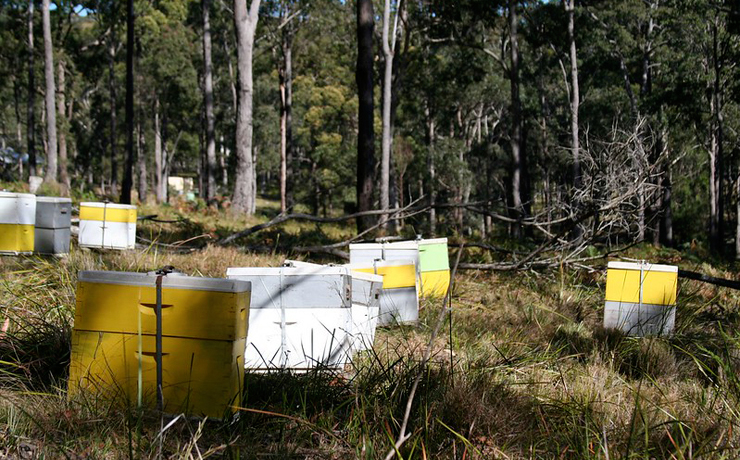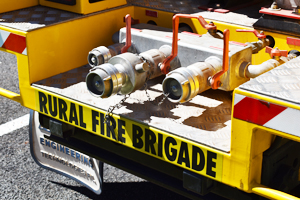
(Photo: Thomas Gulgnard/ Flickr CC BY-NC-SA)
October 11, 2021
The State Government will allow beekeeping to continue in some National Parks until 2044, overturning a looming ban following the change of status of some former State Forests.
The reprieve for beekeepers was promised by Premier Annastacia Palaszczuk during last year’s election campaign.
The decision will formally extend beekeeping permits for a further 20 years in National Parks that were created as part of the SEQ Forest Agreement in 1999.
Under the current Act, apiarists were required to transition out of National Parks by the end of 2024, however successive State Governments and the industry have been unable to find suitable alternative honey sites for beekeeping.
Beekeeping had traditionally been conducted uninterrupted on State Forests and forest reserves until the introduction of the SEQ Forestry Agreement consigned some State Forests and Forest Reserves – containing 1088 apiary sites – into 49 National Parks.
Queensland beekeepers have consistently warned their industry could be severely affected if alternative sites for their hives could not be found between now and 2024.
Beekeeping services are a lynchpin for Queensland’s multi-billion-dollar fruit and vegetable growing industry.
Agriculture Minister Mark Furner said this was an important decision as the ability of the industry may be impacted if alternative sites could not be located between now and the end of next year.
“Amending the Act will support the continuation of beekeeping in certain National Parks while the government works with industry and other key stakeholders to identify alternative sites for the future relocation of beekeeping off National Parks,” he said.
However, he said beekeeping would not be allowed in National Parks where it was not already authorised immediately before the land became a National Park.
About 75 per cent of the beekeeping industry is in the Wide Bay-Burnett, Lockyer Valley, Toowoomba and Scenic Rim areas.
The Queensland Beekeepers Association welcomed the 20-year reprieve.
State Secretary Jo Martin said it gave the industry confidence to invest in the future.
“On-going climate change and increasing isolated rainfall events are impacting the capacity of our beekeeping industry,” she said.
“Over the past 100 years and after prolonged droughts and bushfires, beekeepers’ access to National Park apiary sites has been the key to the industry’s survival.
“These sites in Queensland’s National Parks produce world class honey and are a short-stay, safe haven for honey bee colonies to be strengthened and conditioned ahead of them providing critical pollination services for the state’s growing horticultural sector.
“Extending the permits period for National Parks ensures beekeepers can access the nutritional resources needed to nourish their honey bee colonies.”
“On current trend, Queensland’s beekeeping industry will need to increase in size by over one-third in the next decade, such is the demand from berry fruit, nut growers and horticulturalists for pollinating bees.”
The State Government says the honey bee industry has been estimated to contribute about $2.4 billion to the Queensland economy each year.























